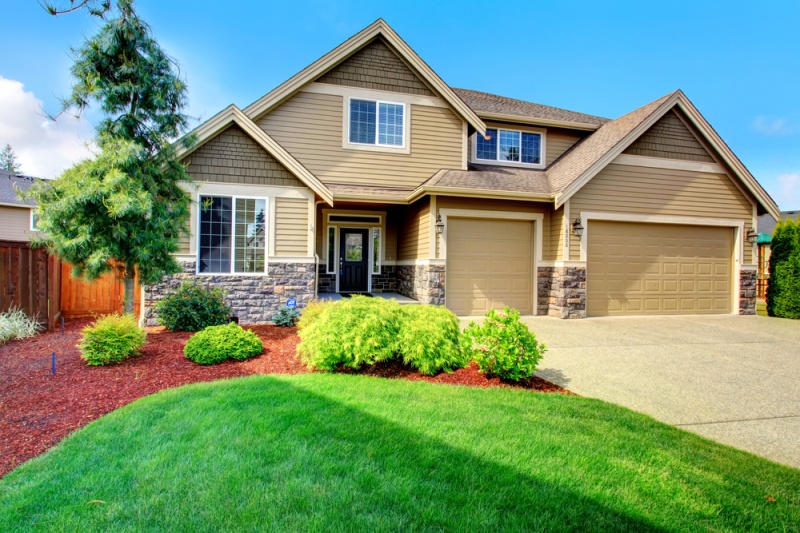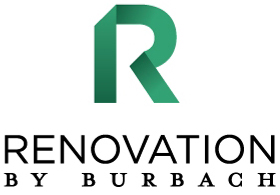
Once you’ve decided on vinyl siding for your home, you’ll likely wrestle with the question of whether you want insulated or uninsulated.
More insulation is better, right?
Not always.
Most home exteriors have pretty low R-values, a thermal resistance rating that lets consumers know a product’s insulating properties.
Common R-values for rolls of insulation used in homes is between 13 and 38. Most building materials have an R-value of less than 1, and adding insulation can bring that number up to 3 or 4. This sounds like a big improvement, but many builders don’t recommend it. Why?
HOW MUCH IS TOO MUCH?
Many builders believe you can do more harm than good with insulated vinyl siding. It’s true that the layer of foam in between the siding and the house effectively blocks air transfer, but this is exactly the problem.
What’s great about vinyl siding is the way it allows for adequate air circulation. Water can evaporate, and this helps keep your home dry and free of mold, mildew and rot. Plugging up this space interferes with proper drainage, creating the perfect conditions for condensation to accumulate and do damage.
This is a problem especially with new constructions, most of which make use of an insulating wrap like Tyvek. There’s such a thing as too snug.
If you’re building a new home, you’d get better results by building thicker walls or installing insulation with higher R-values than spending money on insulated siding.
INSULATED VINYL SIDING’S GOOD SIDE
But in older homes, making your walls thicker or filling them with better insulation is not an option, so you may be tempted by insulated siding. Insulated siding is also a firmer, more durable cladding that will stand up better to accidents like being struck with a baseball or other object.
If you’re considering going this route, be sure to discuss your individual situation with a reputable expert in the field so you can see if the extra expense will be worth it. Insulated siding can cost up to 50 percent more than the same uninsulated product. If you live in a humid, rainy climate or in a heavily wooded area where moisture retention is a real threat, this extra cost might not be worth it for you.
Renovation by Burbach has been installing vinyl siding on homes throughout the Salt Lake City area for decades. We have seen the popularity of various products rise and fall over the years, and we know what stands the test of time and what does not.
If you have concerns about energy efficiency in your home, talk to the experts at Renovation by Burbach before deciding between insulated and uninsulated vinyl siding.
- When Do I Need to Replace My Rain Gutters? - May 20, 2024
- Getting Your Rain Gutters Ready For Spring - April 22, 2024
- Why James Hardie Siding Is Perfect For Your Home - March 26, 2024



